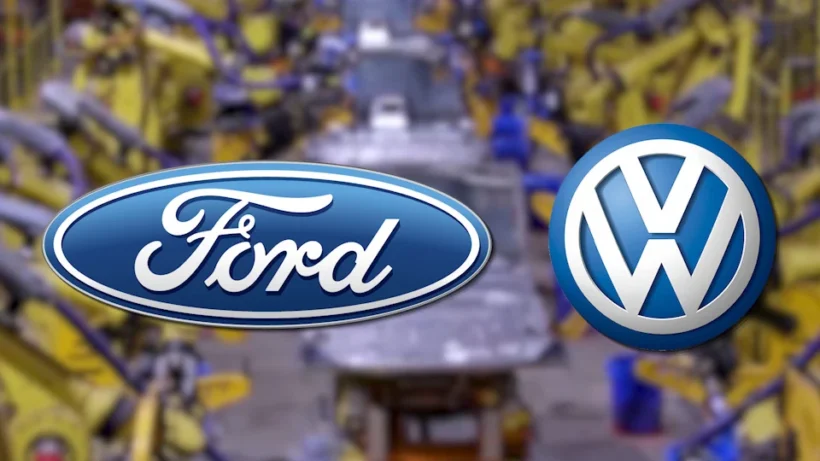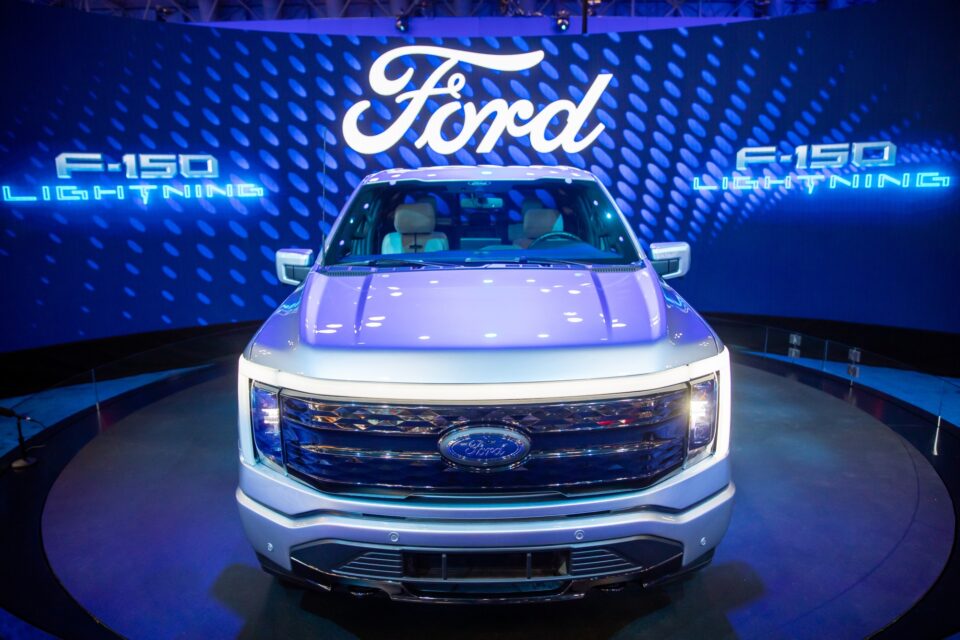Ford, an iconic American automotive brand, has not only left an indelible mark on the roads of the United States but has also successfully expanded its influence across international markets. This exploration delves into how Ford strategically approached global expansion and the key factors that contributed to its success on the international stage.
Historical Roots: Ford’s Early International Ventures

In the early 20th century, Ford made its first foray into international markets, exporting vehicles and establishing assembly plants in various countries. The Model T, often regarded as the first mass-produced car, played a pivotal role in Ford’s initial global expansion. The company’s early success was built on the principles of standardization and assembly line efficiency.
Adapting to Local Markets: A Key Strategy
As Ford expanded globally, it quickly realized the importance of adapting to local markets. The automotive landscape varies significantly from one region to another, necessitating a nuanced approach. Ford demonstrated foresight by tailoring its products to meet the specific needs and preferences of consumers in different countries.
Navigating Challenges: Economic and Cultural Considerations
Global expansion is not without challenges, and Ford encountered its fair share. Economic fluctuations, cultural differences, and regulatory complexities presented hurdles that demanded strategic navigation. The ability to understand and respond to diverse economic and cultural landscapes became a cornerstone of Ford’s global success.
Strategic Partnerships: Collaborating for Global Reach

To solidify its global presence, Ford engaged in strategic partnerships with local companies. These collaborations allowed Ford to leverage the expertise and market knowledge of local partners while contributing its technological prowess and brand strength. Such partnerships facilitated smoother market entry and strengthened Ford’s position in diverse regions.
Breaking into Emerging Markets: A Focus on Growth
As emerging markets gained significance in the global economy, Ford recognized the potential for growth in these regions. The company strategically invested in markets with burgeoning middle-class populations, aiming to establish a strong foothold before competitors. This approach not only contributed to Ford’s global sales figures but also allowed the brand to become synonymous with aspiration in these emerging economies.
Innovation and Adaptation: Staying Ahead of the Curve
In the rapidly evolving automotive industry, innovation is a key driver of success. Ford’s commitment to staying ahead of the curve in terms of technology and design has been instrumental in maintaining its global appeal. The introduction of the EcoBoost engine, advancements in connectivity with the SYNC technology, and a focus on sustainability have kept Ford at the forefront of innovation globally.
Sustainability and Environmental Initiatives

Ford’s commitment to sustainability is a key aspect of its global strategy. The company is actively investing in electric vehicle (EV) technology, aligning with global environmental concerns and shifting consumer preferences. Beyond EVs, Ford is implementing eco-friendly manufacturing processes to reduce its carbon footprint, demonstrating a strong commitment to environmental stewardship and sustainable business practices.
Navigating Economic Shifts: Resilience in the Face of Challenges
The automotive industry is susceptible to economic shifts, and Ford has faced its share of challenges, from economic downturns to global crises. However, the brand’s resilience and ability to adapt its business model and product offerings have allowed it to weather storms and emerge stronger. Understanding the cyclical nature of the industry, Ford has implemented strategies to mitigate the impact of economic uncertainties.
Digital Transformation in Ford’s Operations
Ford is embracing digital transformation to enhance efficiency and customer experience. This includes integrating AI and IoT in manufacturing for streamlined production and predictive maintenance, and leveraging digital platforms for improved customer engagement. These technological advancements are crucial in maintaining Ford’s competitive edge in a rapidly evolving automotive industry.
Cultural Sensitivity: Marketing and Branding Strategies
Cultural nuances play a crucial role in consumer behavior, and Ford’s global success is, in part, attributable to its adept handling of cultural sensitivity. The company’s marketing and branding strategies are tailored to resonate with local audiences, creating a sense of familiarity and affinity. This approach has not only enhanced Ford’s global image but has also contributed to the brand’s acceptance in diverse markets.
Ford’s Role in Shaping Automotive Policies

Ford plays a significant role in shaping global automotive policies and regulations. The company actively collaborates with governments and industry groups to advocate for vehicle safety, emissions standards, and sustainable manufacturing practices. On the environmental front, Ford has played a pivotal role in advocating for emissions regulations, aligning its business strategy with global efforts to combat climate change. This involvement not only ensures compliance with global standards but also positions Ford as a responsible leader in the automotive sector.
Case Studies: Success Stories from Different Continents**
Examining specific case studies provides valuable insights into Ford’s triumphs in various global markets. From the success of the Ford Ranger in the Asia-Pacific region to the enduring popularity of the Ford Fiesta in Europe, each case study highlights the brand’s ability to understand and cater to the unique demands of different markets.
Looking Ahead: Future Prospects and Challenges

As Ford continues to navigate the complexities of the global automotive landscape, the brand faces new challenges and opportunities. The rise of electric vehicles, the integration of artificial intelligence in automotive technology, and evolving consumer preferences pose both challenges and areas for future growth. Ford’s ability to anticipate and adapt to these changes will be crucial in determining its continued success on the global stage.
Conclusion
Ford’s journey from a local American automaker to a global automotive giant is a testament to strategic vision, adaptability, and a deep understanding of diverse markets. By embracing the challenges of global expansion, forging strategic partnerships, and staying at the forefront of innovation, Ford has successfully etched its presence in the international automotive arena. As the automotive landscape continues to evolve, Ford’s ability to navigate change and meet the demands of a dynamic global market will undoubtedly shape its future success. To explore the latest innovations and discover Ford’s diverse range of vehicles, visit the official website at https://www.dahlford.com/.

